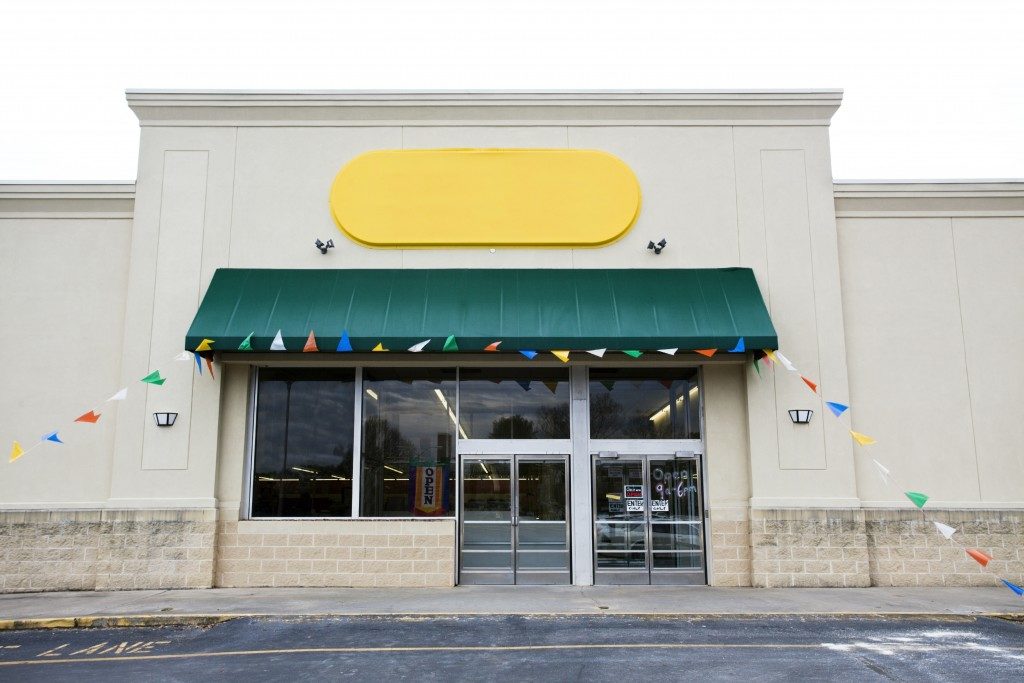The automotive industry in the U.S. is big. In 2018, it contributed 2.7% to the country’s GDP, accounting for $545.4 billion of $20.5 trillion, which is the total GDP produced that year. Vehicle retail sales, in particular, produced $218.3 billion.
Considering these whopping figures, we can claim with confidence that starting a small auto repair shop will be a profitable venture. If your area is filled with auto owners and aficionados, then you may already have a decent market waiting for you. But behind all the excitement in starting a business, stressful costs hide, as well as tricky marketing plans.
That said, here’s a crash course in starting a booming auto repair shop.
Getting Certified Will Be Advantageous
Though not required, an ASE certification is more advantageous for mechanics. It can make obtaining a liability insurance less expensive, and finding financing easier. Moreover, the certification boosts your credibility as a mechanic and business owner, earning you the trust of your customers right away.
Startup Costs
Before starting any business, you should be aware of the costs firsthand. For an auto shop, expect to shell out around $50,000. This should cover equipment, rental fees, an insurance.
Here’s an estimated breakdown of the startup costs:
- Diagnostic machine – $5,000 – $10,000
- Rental fees – $1,500 – $15,000, depending on the size of the space and its location.
- Professional tool set – $15,000
- Lifts – Top-quality mobile column automotive lifts can cost around $20,000 and up.
- Insurance – Around $4,000 every year.
Note that salaries, wages, and marketing expenses are not yet included in these costs, so you have to invest more than $50,000 to kickstart your auto repair shop.
Have a Defined Specialty or Scope of Services
To attract a specific market, you have to be clear in your specializations and scope of services. For instance, you can decide to only provide basic services such as oil and tire changes, or include comprehensive services as well such as engine maintenance.
If you’re ASE-certified, your specialties can be broken down in 16 different ones with Master Technician status available in:
- Automobile
- Collision repair
- Medium to heavy trucks
- School bus
- Transit bus
- Truck Equipment
Aside from defining your specialty and services, consider whether you’ll start from scratch or buy an existing auto shop. The former may cost you more because of all the new equipment you’ll need, whereas the second option may already provide you with the bare basics.
Deciding between being an independent proprietor or a franchisee is also worth pondering. A franchise may be too pricey, but you’ll enjoy the benefit of having a well-known brand name. Hence, if you can afford it, choose a brand that you also patronize.
Marketing Tactics from the Experts

Lastly, when devising a marketing plan for your auto repair shop, it’s best get your ideas from experts. Chairman and Chief Revenue Officer of Fit Small Business, Marc Possman, recommends loyalty programs for services like oil changes and tire alignments. He specifically advises giving out digital loyalty cards over physical ones so your customers wouldn’t lose them.
Scott Beckman, Digital Marketing Director of Devetry, suggests posting customer reviews on your website. Train your staff to request for them, and/or mail out the requests to your customers after they’ve received your services. Reviews are one of the factors search engines consider before increasing your ranking in their results pages.
Using a memorable phone number is also a genius strategy, according to Vice President of Ringboost, Paul Faust. Since you’re a startup, capturing attention is crucial, and you can do that by sharing your easily remembered contact details. This also encourages your customers to refer your shop to their friends.
As you go along your business, you’ll discover the marketing strategy that works for you best, so invest in it the most. The key is to stay consistent in your branding to maintain your good reputation, and progress to success rapidly.


